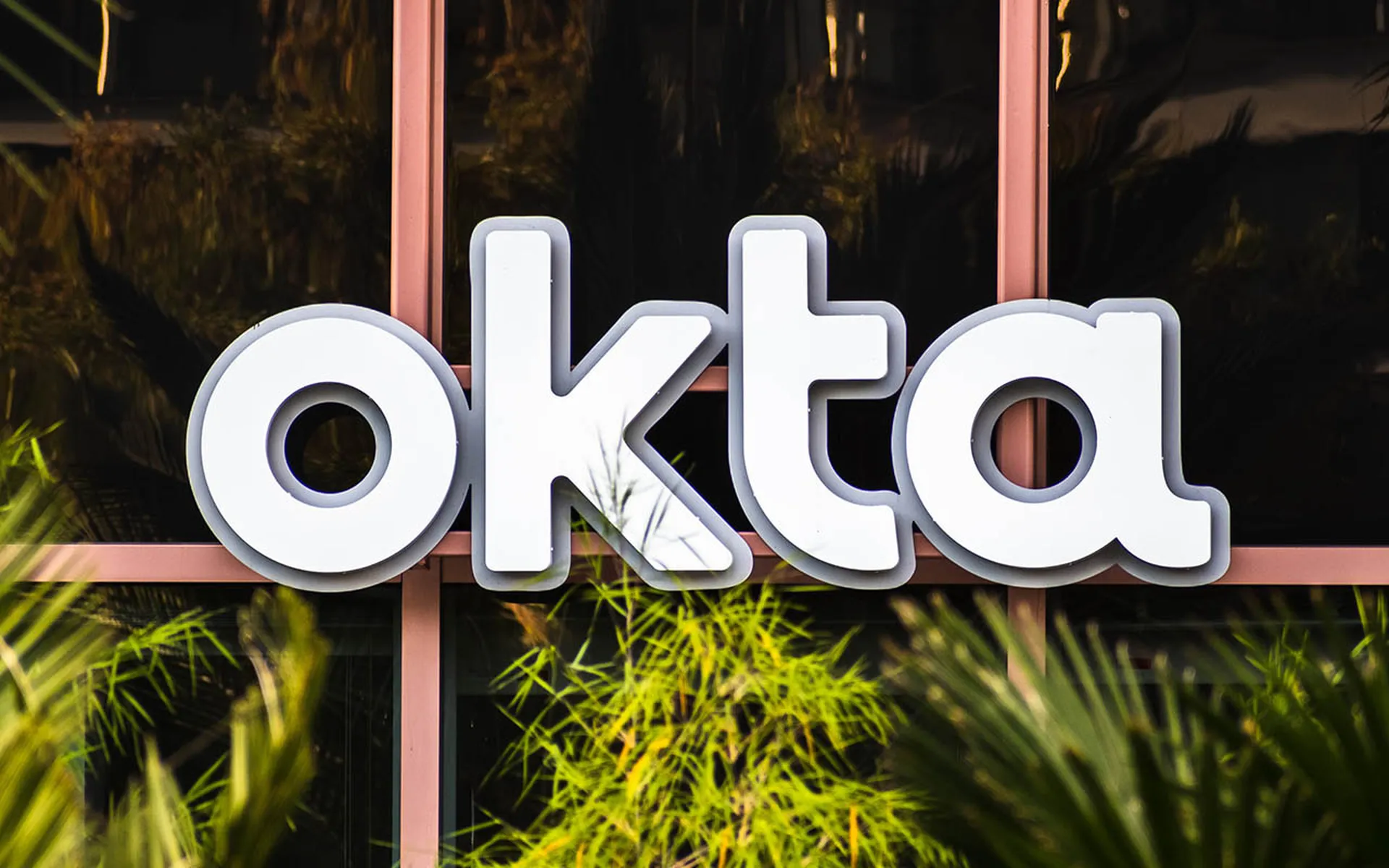Okta MFA Outage & Breach Confusion 2025: What Really Happened and Why It Matters

Okta MFA Outage & Breach Confusion 2025: What Really Happened and Why It Matters
In a year already marked by high-profile cyber incidents, Okta — one of the world’s leading identity and access management providers — has found itself in the spotlight again.
In early October 2025, thousands of organizations worldwide reported massive authentication failures after Okta’s multi-factor authentication (MFA) systems suddenly went offline. The outage caused login chaos across enterprises, healthcare networks, and even government systems.
But confusion deepened when security researchers began reporting possible data exposure linked to the same outage — raising the question: was this a technical glitch, or another large-scale cyberattack?
The Timeline: When Okta MFA Went Down
The issue began on October 3, 2025, at approximately 09:00 UTC, when users across North America and Europe started experiencing login failures on Okta’s cloud platform.
By mid-day, social media lit up with reports from IT admins unable to authenticate users. Okta’s status page initially described the incident as “a service disruption affecting MFA flows,” but within hours, it escalated to a critical outage.
For nearly seven hours, organizations using Okta’s services — including Fortune 500 companies — were unable to access core business systems.
While Okta restored partial functionality later that day, several clients reported unauthorized access attempts immediately following the outage window, sparking speculation of a security breach.
Was It Just an Outage — or a Breach?
Okta’s initial statement described the event as a “database synchronization failure” in its global identity cloud, which caused token validation errors across its network. However, independent researchers noted anomalous behavior inconsistent with a simple outage.
According to Horizon3.ai and SOCRadar, the downtime coincided with a spike in traffic from known threat actor infrastructure — including IP ranges previously linked to APT29, a Russian state-sponsored group.
This led to early theories suggesting a coordinated attack targeting Okta’s authentication pipelines. While Okta has since said “there is no evidence of data exfiltration,” investigators are still reviewing possible credential harvesting attempts during the outage.
Understanding the Stakes: Why Okta Matters
Okta is the digital gatekeeper for millions of users. Its cloud-based identity platform enables single sign-on (SSO) and multi-factor authentication for over 18,000 organizations worldwide.
A breach or failure at Okta isn’t just an inconvenience — it’s a potential global security event. If attackers were able to manipulate MFA flows or token verification, they could impersonate legitimate users inside corporate systems.
Experts are calling this the “crown jewels” scenario — an attack not on data itself, but on the very systems that protect it.
How an MFA Outage Can Lead to Breach Risks
During an MFA outage, fallback login mechanisms often become active — such as email or SMS verification codes. Threat actors can exploit these fallback paths through:
- SIM swapping
- Phishing attacks mimicking Okta login pages
- Session hijacking targeting cached authentication tokens
Researchers found that several phishing kits began circulating within hours of Okta’s downtime, using domains like okta-login-secure[.]com to trick users into re-entering credentials while services were still unstable.
This aligns with tactics used in the 2023 and 2024 Okta-related breaches, where attackers leveraged temporary confusion to steal session tokens.
Okta’s Response
Okta’s official statement from CEO Todd McKinnon aimed to calm customers:
“This was not a cybersecurity incident but a synchronization failure between redundant authentication nodes. We’ve implemented additional safeguards to prevent recurrence and are conducting an independent audit.”
However, the U.S. Cybersecurity and Infrastructure Security Agency (CISA) has requested full technical details, and several large enterprises are independently auditing Okta logs for anomalies.
The company has since rolled out MFA resilience updates, introducing:
- Enhanced geo-redundancy for token validation
- Adaptive authentication fallback to reduce full lockouts
- A new status transparency dashboard for enterprise admins
Who Was Affected
Among those affected were:
- Financial institutions dependent on Okta’s SSO infrastructure
- Hospitals and healthcare providers relying on secure access portals
- SaaS companies integrating Okta APIs for user logins
- Several state-level government agencies that temporarily disabled remote access
Some enterprises reported login backlogs of up to 12 hours, forcing emergency IT interventions and temporary bypasses of standard access controls.
Numbers Behind the Incident
- Duration: ~7 hours
- Affected organizations: 9,000+ globally
- Region most impacted: North America & Western Europe
- Confirmed breach: Unverified (investigation ongoing)
- Estimated downtime cost: $70–100 million in productivity losses
Expert Reactions
Lena Ersson, CISO of CloudSec Global, commented:
“Even if this was not a breach, the Okta outage reveals how fragile global authentication systems have become. Identity providers are the single points of failure of modern cloud ecosystems.”
Cory Doctorow, a cybersecurity analyst at The Record, added:
“The line between an outage and a cyber incident is blurring. Attackers now use downtime to mask intrusions — and that’s a terrifying evolution.”
What Organizations Should Do Now
Security leaders recommend the following proactive measures:
- Enable Okta System Logs API – Monitor all authentication events for anomalies.
- Review Conditional Access Rules – Restrict access by region or device type during instability.
- Rotate MFA Devices and Tokens – Especially for privileged or admin accounts.
- Implement Backup Identity Providers – Avoid single-vendor dependency.
- Simulate Outage Scenarios – Ensure business continuity when identity services go offline.
What This Means for the Industry
The Okta incident highlights a deeper problem — the centralization of identity control. As more organizations depend on cloud-based authentication, a failure at one provider can paralyze thousands.
Experts argue that the future of identity security will involve:
- Decentralized identity verification (DID)
- Local authentication fallback systems
- Resilient cross-provider failover mechanisms
This event may push regulatory bodies to demand redundant MFA systems for critical sectors, similar to disaster recovery mandates for data centers.
The Takeaway
Whether or not the Okta incident turns out to be a breach, it’s a warning:
Identity is now the most critical attack surface in cybersecurity.
Organizations must invest in identity resilience, redundant access control, and transparent vendor accountability — because as this event shows, when the gatekeeper falls, everyone’s door is open.
Recommended Resources








